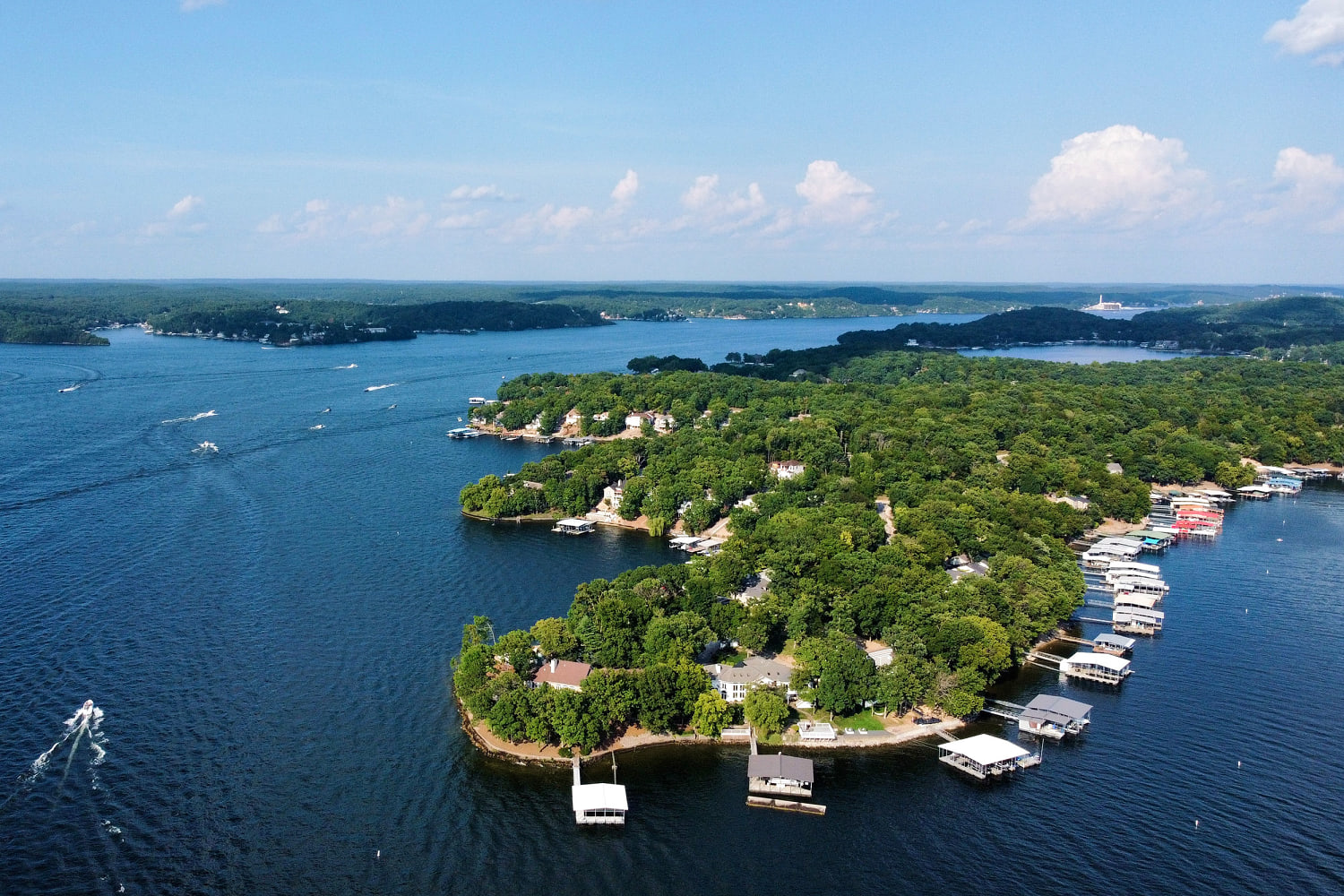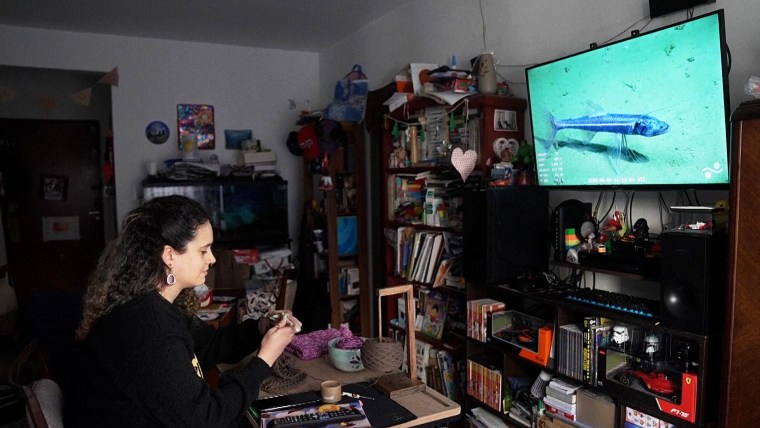Missouri resident hospitalized with ‘brain-eating’ infection possibly linked to water skiing, officials say


A Missouri resident has been hospitalized with what health officials described as a deadly “brain-eating infection” after possibly waterskiing in a local lake.
The Missouri Department of Health and Senior Services said in a Wednesday news release that the patient — who they have not identified — appears to have been exposed to a Naegleria fowleri.
The agency described Naegleria fowleri as “a microscopic single-celled free-living ameba that can cause a rare, deadly infection of the brain called primary amebic meningoencephalitis (PAM), also known as ‘brain-eating’ infection.”
Health officials said that a preliminary investigation suggests that the patient may have been water skiing in the Lake of the Ozarks, a reservoir in central Missouri, days before becoming ill.
Naegleria fowleri is commonly found in freshwater, according to the agency, but PAM is “extremely rare.” The ameba is typically ingested through the nose and travels up to the brain, where it damages the brain tissue, the agency added.
“Recreational water users should assume that Naegleria fowleri is present in warm freshwater across the United States; however, infection remains very rare,” the agency said.
The health agency said that between 1962 and 2024, there were only 167 reported cases of the infection in the United States.
Last month, 12-year-old Jaysen Carr died from contracting PAM days after swimming in Lake Murray in South Carolina, according to a statement the law firm representing Carr’s family posted on Facebook.
“We stand beside this family not only to seek the truth, but to help ensure no other family endures a loss like this,” the Bailey Law Firm said.
Early symptoms of PAM include headache, fever, nausea, and vomiting, according to the Centers for Disease Control and Prevention.
The CDC says that most people with PAM die within 1 to 18 days after symptoms begin, and that the infection typically leads to coma and death within five days.
The Missouri HHS advised that residents “avoid water-related activities in warm freshwater during periods of high-water temperature,” use nose clamps, and avoid putting their heads underwater.
It also suggested avoiding the excavation of wet sediment, as “Naegleria fowleri amebas are more likely to live in sediment at the bottom of lakes, ponds, and rivers.”





